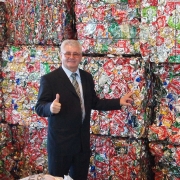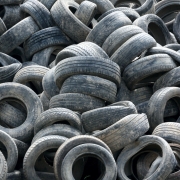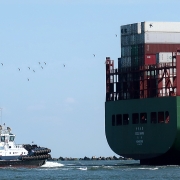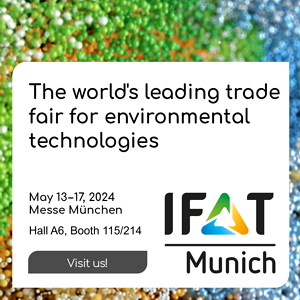Energy Recovery of Non-Recyclable Urban Waste
According to researchers of the Spanish University of Seville, the use of urban waste for energy creation, especially the use of technologies based in gasification, is a more sustainable alternative than controlled dumping.
As reported, data from the European agency Eurostat show that 13 of the 28 countries in the European Union (mainly member states in the south and east of the continent) are still dumping about 50 percent of their solid urban waste. Faced with this reality, researchers from the Higher Technical School of Engineering (Escuela Técnica Superior de Ingeniería – ETSI) of the University of Seville have proposed a two-stage system: first, the solid waste is converted to gas in reducing conditions (that is, with the presence of little oxygen), and then the generated gas is burnt very efficiently in specifically optimized equipment. “The great environmental advantage of this method, as opposed to incineration, is that in reducing conditions the generation of toxic substances is minimized. The energetic efficiency of the process is, on the other hand, similar to incineration,” it was argued. The environmental advantage of gasification, therefore, would be to avoid the emission of the equivalent of up to 300 kilograms of CO2 per ton of solid urban waste treated, while the economic impact would be to increase the rate of waste management.
GR 2/2018









